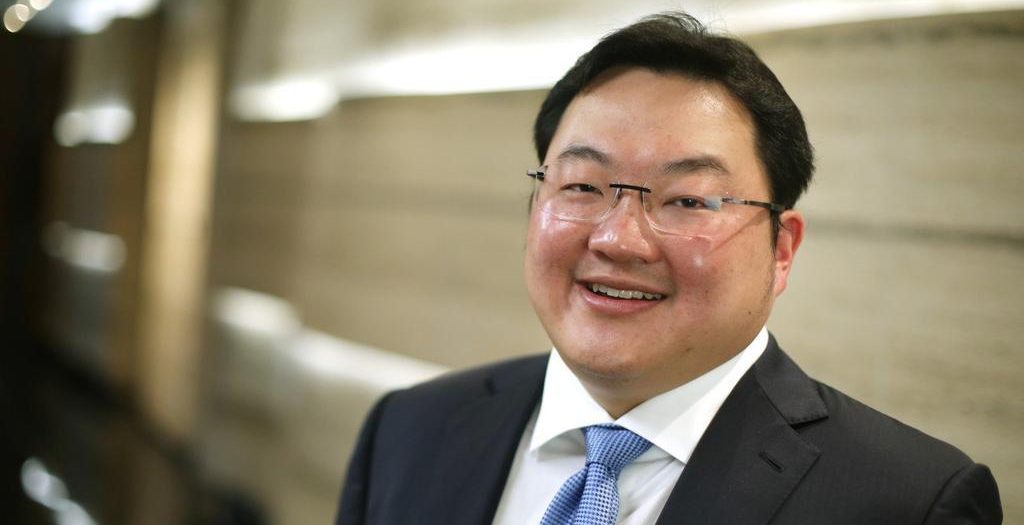The report said that the extradition of Low, a central figure in the 1Malaysia Development Berhad (1MDB) scandal, would be high on the agenda of Prime Minister Tun Dr Mahathir Mohamad’s trip to China as he leaves on Friday (Aug 17).
“Current Malaysian officials said they expect China to negotiate hard over the deals and believe Beijing sees Low as a bargaining chip and won’t hand him over easily,” WSJ said.
Malaysia does not have an extradition treaty with China.
“Malaysia’s new government suspects Low helped arrange infrastructure projects, financed by China, from which funds were diverted to cover debts owed by 1MDB,” said WSJ, quoting a former Malaysian official who worked in the prime minister’s office.
An arrest warrant has been issued for the financier by Malaysian authorities conducting a probe into 1MDB.
The United States Department of Justice has accused Low of masterminding the 1MDB scandal.
Although he never held an official position in 1MDB, Mr Low is said to be among the beneficiaries of the funds used to purchase luxury properties and assets, including a super yacht, paintings and jewellery.
His exact whereabouts are unclear but reports have said he was in Hong Kong, Macau and China.
Meanwhile, all eyes are on Dr Mahathir’s visit for indications of Malaysia’s future stance towards China.
Former prime minister Najib Razak had made it a priority to foster ties with China, while Dr Mahathir is seen as less accommodating.
The current premier says many of projects with China do not make financial sense for Malaysia.
Ahead of his visit, Dr Mahathir said on Monday that he would seek to terminate several Chinese-backed infrastructure and energy projects, including the East Coast Rail Line (ECRL).
“We don’t think we need those (rail and energy) projects. We don’t think they are viable. So if we can, we would like to just drop the projects,” he said.
If the projects could not be scrapped, Dr Mahathir said Malaysia hoped to at least put them on hold until a time when “perhaps the need will arise”.
Two pipeline projects, worth about US$2.3 billion, also involve Chinese state-owned firms.
In June, Malaysia’s Finance Ministry said it has discovered dubious payments made in the two pipeline projects, with nearly 90 per cent of the contracts being paid out but less than 15 per cent of the work being completed. AGENCIES
 Tasselline | Latest Articles By Singaporeans, for Singaporeans Article Site for Singaporeans
Tasselline | Latest Articles By Singaporeans, for Singaporeans Article Site for Singaporeans
